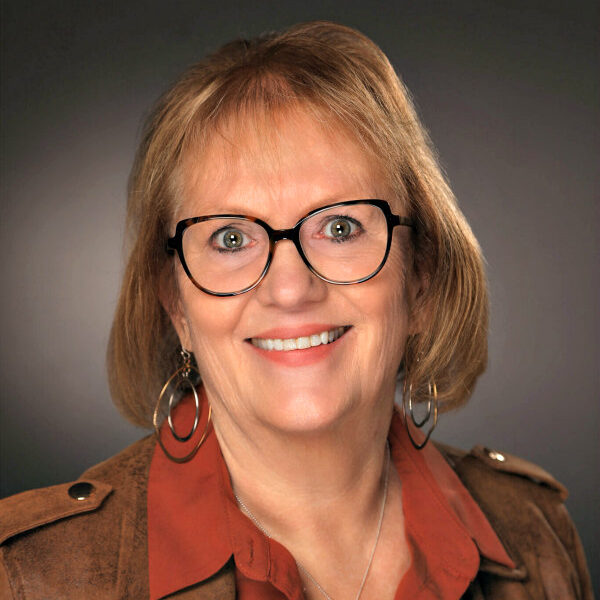Emotional Drainers

I think it is fair to say that most of us have had the experience of being high energy and ready to conquer the day, only to encounter someone who left us feeling drained, exhausted and/or negative about ourselves. We may be very aware of the pattern of interaction we have with a certain person at work or at a social gathering and know that we will feel the emotional effects of spending time with this person.
Emotionally draining people make us feel bone-tired, like we could just crawl into bed. Or we may feel put down and lose our self-assurance, or our mood may change negatively. Extreme examples of “emotional drainers” are those people that send out messages that we are not worthy, or make sarcastic or negative comments about us.
Perhaps, in the interest of being polite, we work our way through the interaction with this person and try to rebalance after we leave the interaction as we don’t want to be seen as uncaring people. So we ignore our gut response that is guiding us to set some boundaries here. Our gut can be our guiding force if we listen to it. We can also use our energy level as a barometer. If something or someone gives us energy, then there is guidance in going towards this. And if someone or something leaves us feeling drained, then there is guidance in setting some boundaries.
There are steps to take in managing emotional draining people. First, take a look at how the interaction with the person makes you feel. Second, learn from the situation. What role are you taking on as a result of this interaction? Being resentful, playing the martyr, or feeling victimized is not going to help you grow. Third, identify the role you take with this person and make a conscious decision to be healthy. Fourth, develop a plan and be pro-active and not reactive. Stay calm. Set boundaries towards self-care. Become assertive and have voice to ensure your own needs are met. Be neutral and calm as you set the limits. If you choose to stay in the relationship with this person, then be aware that you have made the choice and set appropriate limits to help you manage it in a way that will be more positive for you. Start today to be more aware of your relationships and how the interactions in these relationships make you feel so that you can make conscious decisions in who you want to interaction with and how you want the interaction to be. (Orloff, 2009)
Works Cited
Orloff, J. (2009). Emotional freedom. New York: Random House.
Tags: emotional drainers, toxic peopleABOUT THE AUTHOR

Janie Pfeifer Watson
Licensed Independent Clinical Social Worker
Licensed Independent Mental Health Practitioner- Janie Pfeifer Watson, LICSW, is the founder and director of Wholeness Healing Center, a mental health practice in Grand Island, Nebraska with remote sites in Broken Bow and Kearney. Her expertise encompasses a broad range of areas, including depression, anxiety, attachment and bonding, coaching, couples work, mindfulness, trauma, and grief. She views therapy as an opportunity to learn more about yourself as you step more into being your authentic self. From her perspective this is part of the spiritual journey; on this journey, she serves as a mirror for her clients as they get to know themselves—and, ultimately, to love themselves.
LATEST ARTICLES BY Janie Pfeifer Watson
- Gentle and Grounded – A Mindful Reset for 2026
- Glimmers of Light – Nurturing Joy During the Holidays
- Live Stronger: Strength, Balance, and Social Connection after 50 Stay strong. Stay Connected. Stay independent.
- Healing is a Lifelong Journey, and It Doesn’t Happen in a Straight Line
- Habits to Develop to Age Well
Subscribe today
Sign up to receive the latest mental health tips and inspiration